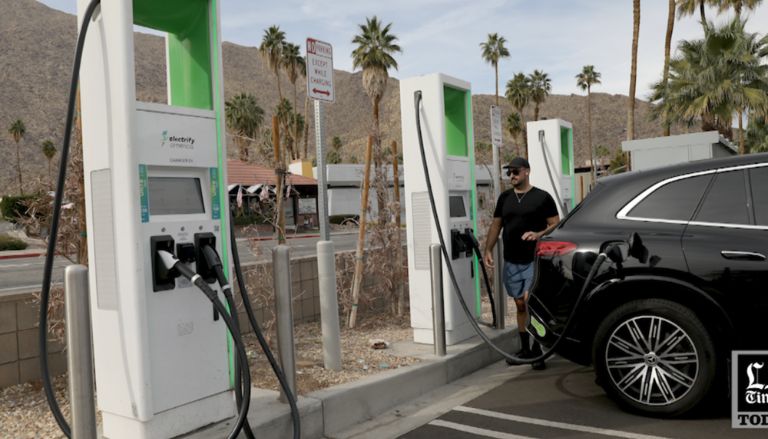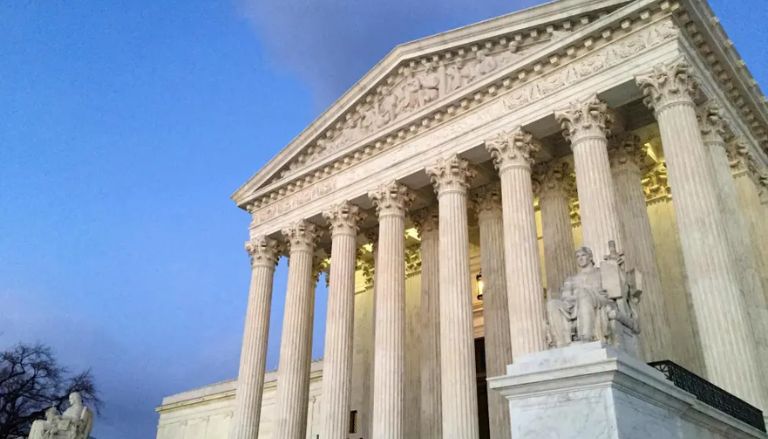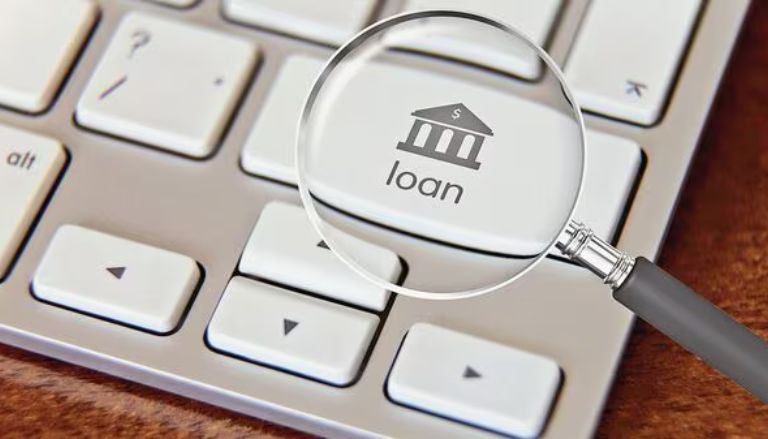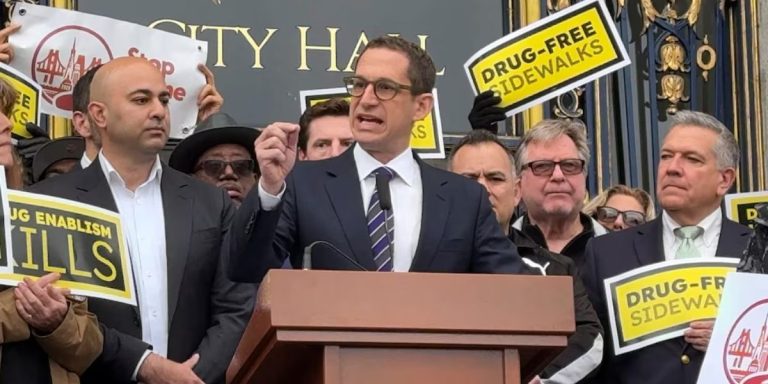Sales of new electric vehicles in California have leveled off, according to recent data. This raises concerns about whether car makers can meet the state’s goals for zero-emission vehicle sales.
Besides Tesla, which only sells electric vehicles (EVs), no other big car maker will reach California’s 35% target for zero-emission vehicles in the 2026 model year, according to Brian Maas, the head of the California New Car Dealers Association.
“The data is accurate,” Maas said. “The demand doesn’t meet the requirements.” It’s that easy.
In 2024, California reported 387,368 zero-emission vehicles, which is about one in four new cars sold.
Still, that’s only a 1% rise compared to last year, when electric vehicle sales went up by 46%. Total California new car sales for 2024 were also flat, at 1.75 million units.
This could have serious effects for car manufacturers. If you don’t meet the 35% requirement, Maas says you have two choices: pay a $20,000 fine for each car that doesn’t comply or limit the amount of gasoline and diesel sold in California to reach the required percentage.
Automakers can also lower fines by buying state-issued emission credits from automakers who hold a surplus of them. Most of them are owned by Tesla.
According to Maas, car makers won’t pay the fines. Instead, they will manage their inventory by, for example, reducing sales of gas and diesel pickup trucks.
“Dealers in Arizona and Nevada might have a lot of gas-powered cars, while people in California have a hard time finding the car they want.” He said that prices in California are expected to go up.
Maas said his group has started to ask for a break in the mission. When asked for a response, Governor Gavin Newsom’s office did not comment but referred the question to state department spokespeople.
The California Energy Commission said it is dedicated to changing the market and believes it can provide cleaner air for everyone in California.
“California is proud to lead the country in zero-emission vehicle sales as the global market continues to innovate and surge,” the statement said. The fast growth of electric vehicles (EVs) around the world is playing an important role in creating a new industry policy that will shape California’s economy. More than 50 companies that make parts for zero-emission vehicles are located in our state.
The California Air Resources Board said it’s too early to determine if the goal will not be reached and that manufacturers’ plans are not enough to keep the market growing. Yes, some may need to buy credits, but that choice has always been available for manufacturer flexibility.
The state has a scheme called Advanced Clean Cars II, which is managed by the California Air Resources Board. Importantly, the rules make it necessary for car companies to sell electric vehicles (EVs), but they do not force buyers to purchase them. Newsom announced the plan to phase out electric vehicles in 2020. In 2022, the state Air Resources Board created new rules. In December, the Biden administration accepted a waiver that lets the state set its own standards, as needed by the federal Clean Air Act.
Concerned about lower customer interest, car companies are reducing their plans for electric vehicles (EVs). Big car companies are saying they support electric vehicles (EVs), but they are also canceling some EV projects, delaying others, and backing out of plans to build battery plants in the U.S.
Japanese car makers have been slow to enter the electric vehicle (EV) market, but now they are doing well with their hybrid cars. Sales of hybrids in California grew by 32% in 2024, and their overall market share rose from 11.1% to 14.7%. Plug-in hybrids, which the state considers zero-emission vehicles despite having an internal combustion engine, had almost unchanged sales: 60,800 cars and light trucks sold in 2024, compared to 59,506 the previous year.
Last year, Tesla, owned by Elon Musk, saw a big decline in California, with new car sales falling by 11.6% to 203,221 cars. Tesla is the winner in the electric vehicle market in the state, holding 52.5% of new car sales. However, this is a decrease of 7.6 percentage points from 60.1%.
Industry experts believe that Tesla’s slowing sales growth could be due to a few reasons: not having new models, facing more competition from other car companies, and some discontent among leftists about Musk’s support for President Trump.
For some reason, Tesla’s popularity in California is starting to decline. Rivian is competing strongly with Tesla, with California sales increasing by 17% in 2024, although this is from a small starting point — they sold 10,277 cars in California that year.
Even if Tesla’s sales keep going down, the company might still do well because some state policies support Tesla over traditional carmakers. These policies are meant to discourage the sale of gasoline cars. Tesla has made billions by selling pollution credits given by the government.







Leave a Comment